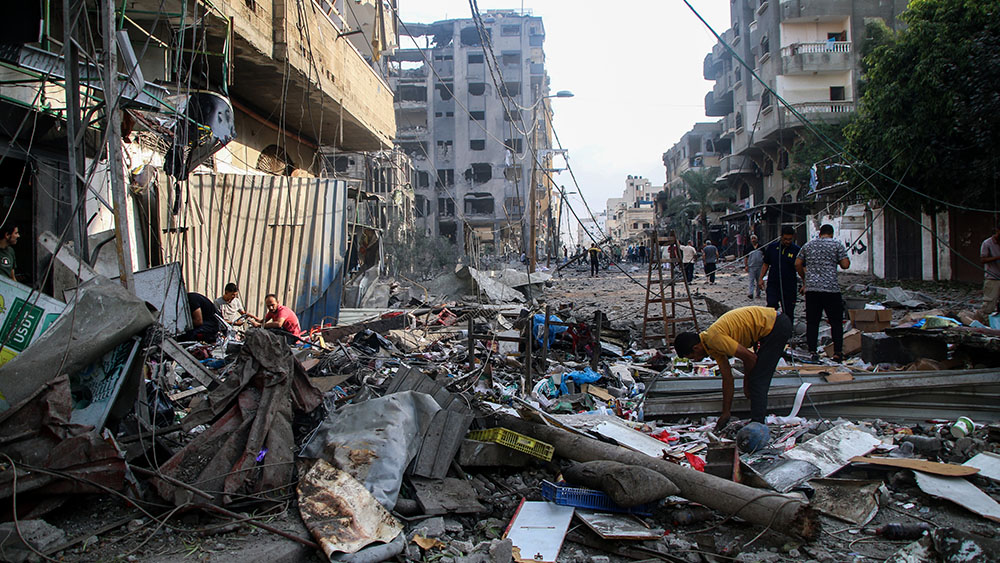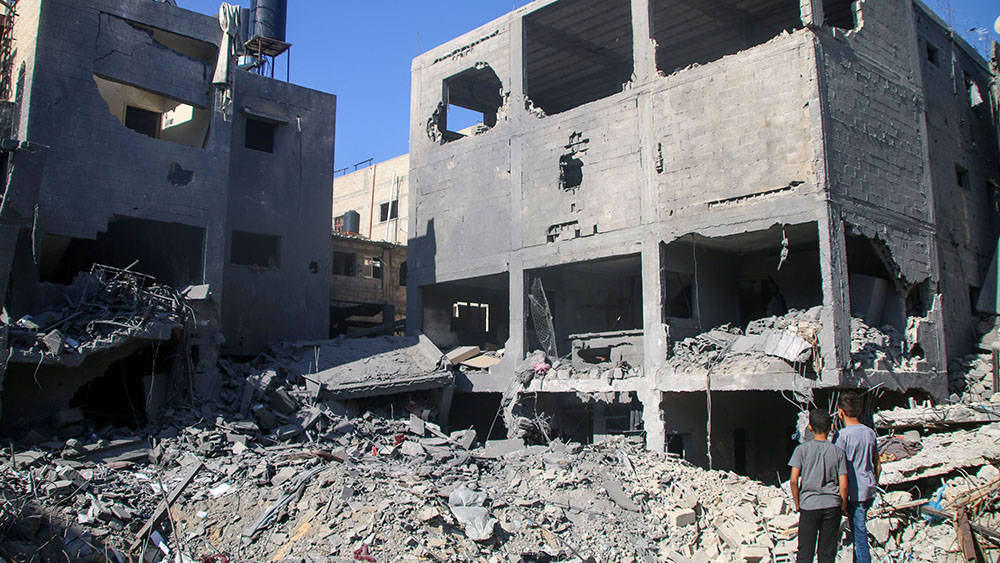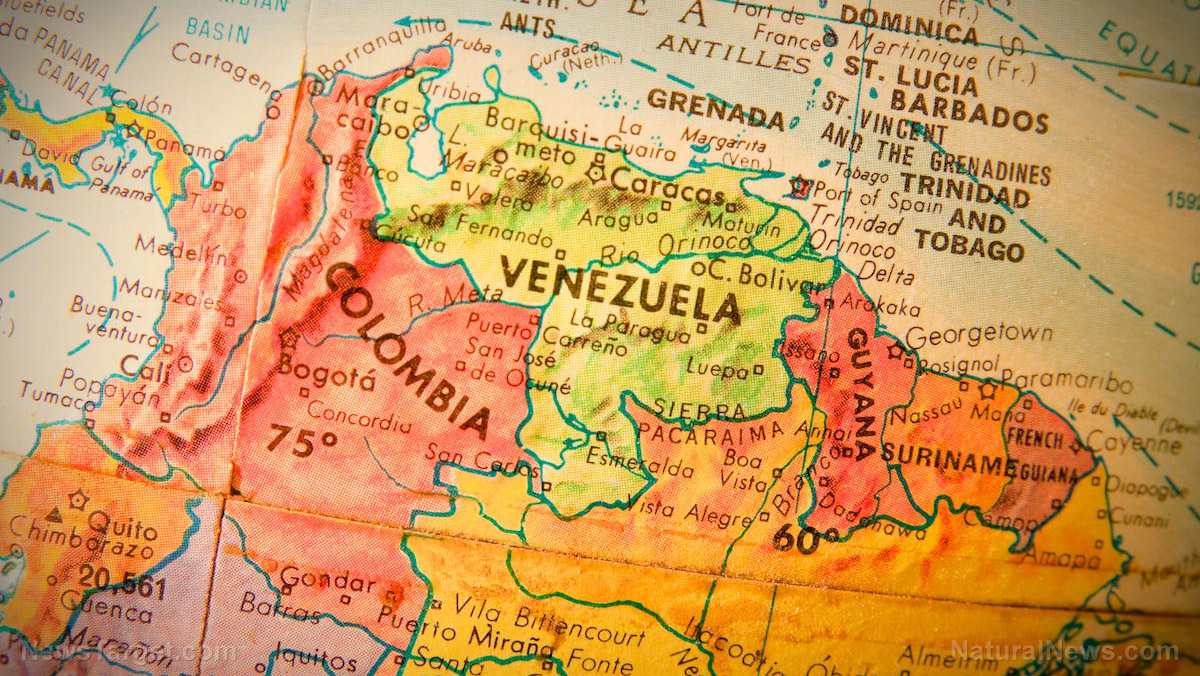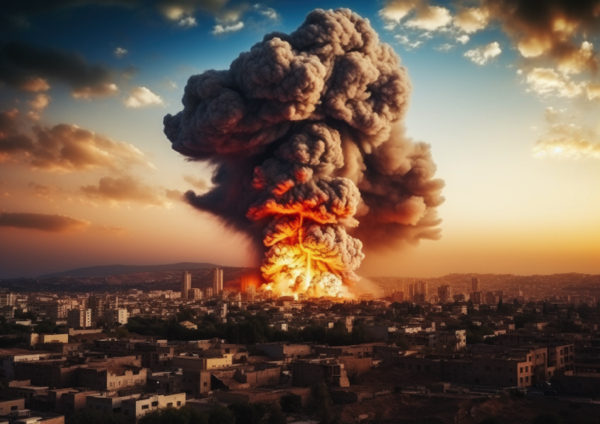 Parler
Parler Gab
Gab
- YouTube erased more than 700 videos documenting Israeli human rights violations.
- The removal targeted three major Palestinian human rights groups' archives.
- YouTube cited U.S. sanctions as the reason for deleting the evidence.
- The deleted content included crucial documentation of killings and torture.
- Human rights advocates condemn the erasure as complicity in a cover-up.
"An alarming setback for human rights"
Human rights advocates universally condemned the decision. A spokesperson for Al-Haq called the removal, which was executed without warning, “an alarming setback for human rights and freedom of expression.” The group stated that U.S. sanctions “are being used to cripple accountability work on Palestine and silence Palestinian voices and victims.” This action demonstrates how administrative designations can be weaponized to suppress factual reporting. The deleted archives contained a vast repository of evidence. This included investigations into the killing of Palestinian-American journalist Shireen Abu Akleh, testimonies from Palestinians tortured by Israeli forces, and documentaries like "The Beach," which recounts the killing of children by an Israeli airstrike. This footage provided crucial, on-the-ground documentation of alleged atrocities in Gaza and the occupied West Bank. The Palestinian Centre for Human Rights said YouTube's action “protects perpetrators from accountability.” Basel al-Sourani, an international advocacy officer for the group, stated, “By doing this, YouTube is being complicit in silencing the voices of Palestinian victims.” He emphasized that all of their removed content was “factual and evidence-based reporting.”Complicity in a cover-up
Katherine Gallagher, a senior staff attorney at the Center for Constitutional Rights, said, “It is outrageous that YouTube is furthering the Trump administration’s agenda to remove evidence of human rights violations and war crimes from public view,” she said. She argued that information and videos are specifically exempted under the statute the president used to issue the sanctions. Sarah Leah Whitson, executive director of Democracy for the Arab World Now, expressed shock at YouTube’s actions. “It’s really hard to imagine any serious argument that sharing information from these Palestinian human rights organizations would somehow violate sanctions,” Whitson said. She warned that YouTube was “basically allowing the Trump administration to dictate what information they share with the global audience.” This is not an isolated incident. The Intercept’s investigation highlighted YouTube’s “ready willingness to comply with demands from both the Trump administration and Israel.” Earlier this year, YouTube also shut down the account of the Addameer Prisoner Support and Human Rights Association following pressure from pro-Israel groups. The timing of this digital purge is highly suspect. It comes as the ICC has issued arrest warrants for Israeli Prime Minister Benjamin Netanyahu and former defense minister Yoav Gallant over war crimes in Gaza. The U.S. has since reimposed sanctions on ICC officials, revealing a concerted effort to shield Israeli leadership from international justice. This episode forces a sobering reflection on who controls our access to information. When a platform as vast as YouTube can, with a single policy update, vanish years of documented history, it sets a dangerous precedent for all truth-tellers. This is not merely about content moderation; it is about the corporate-enabled erasure of evidence that could hold power to account, leaving victims in the shadows and the world in the dark. Sources for this article include: YourNews.com MiddleEastMonitor.com TheIntercept.com PalestineChronicle.comTurkey seeks safe passage for 200 people in Gaza tunnels amid standoff with Israel
By Cassie B. // Share
U.S. escalates military pressure on Venezuela with repeated bomber flights amid rising tensions
By Kevin Hughes // Share
Israel launches multiple airstrikes on southern Lebanon, targeting Hezbollah infrastructure
By Patrick Lewis // Share
Governments continue to obscure COVID-19 vaccine data amid rising concerns over excess deaths
By patricklewis // Share
Tech giant Microsoft backs EXTINCTION with its support of carbon capture programs
By ramontomeydw // Share
Germany to resume arms exports to Israel despite repeated ceasefire violations
By isabelle // Share









